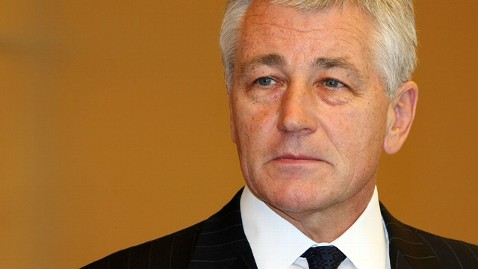In ancient Rome, physicians treated sore eyes with the same active ingredients as today. So suggests an analysis of pills found on the Relitto del Pozzino, a cargo ship wrecked off the Italian coast in around 140 BC.
"To our knowledge, these are the oldest medical tablets ever analysed," says Erika Ribechini of the University of Pisa in Italy, head of a team analysing the relics. She thinks the disc-shaped tablets, 4 centimetres across and a centimetre thick, were likely dipped in water and dabbed directly on the eyes.
The tablets were mainly made of the zinc carbonates hydrozincite and smithsonite, echoing the widespread use of zinc-based minerals in today's eye and skin medications. Ribechini says there is evidence that Pliny the Elder, the Roman physician, prescribed zinc compounds for these uses almost 250 years after the shipwreck in his seminal medical encyclopaedia, Naturalis Historia.
The tablets were also rich in plant and animal oils. Pollen grains from an olive tree suggest that olive oil was a key ingredient, just like it is today in many medical and beauty creams, says Ribechini.
The tablets were discovered in a sealed tin cylinder called a pyxis (see image above). The tin must have been airtight to protect its contents from oxygen corrosion.
"Findings of such ancient medicines are extremely rare, so preservation of the Pozzino tablets is a very lucky case," says Ribechini.
The cargo of the wreck, discovered in 1989, is rich in other medical equipment, including vials and special vessels for bloodletting. This suggests that one of the passengers may have been a physician.
Journal reference: PNAS, DOI: 10.1073/pnas.1216776110
If you would like to reuse any content from New Scientist, either in print or online, please contact the syndication department first for permission. New Scientist does not own rights to photos, but there are a variety of licensing options available for use of articles and graphics we own the copyright to.
All comments should respect the New Scientist House Rules. If you think a particular comment breaks these rules then please use the "Report" link in that comment to report it to us.
If you are having a technical problem posting a comment, please contact technical support.
















